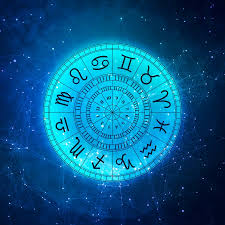The Importance of Integrity in Vedic Astrology Practice

As Vedic astrologers, we hold a profound responsibility to our clients and the practice of this ancient wisdom tradition. Integrity is not just a lofty ideal, but the very foundation upon which we must build our work. In this blog, we'll explore why maintaining the highest levels of integrity is crucial for Vedic astrologers. Honesty and Transparency Honesty is paramount in Vedic astrology. We must be unwavering in our commitment to providing accurate, truthful assessments of our clients' astrological charts. This means resisting the temptation to make bold, sensational predictions or to sugarcoat challenging astrological influences. FOR MORE INFO... Best online astrologer True integrity also requires transparency in our work. Clients should understand the reasoning behind our interpretations and feel empowered to ask questions. By demystifying the process, we build trust and empower our clients to take ownership of their astrological journey. Respecting Boundaries and Confide...










